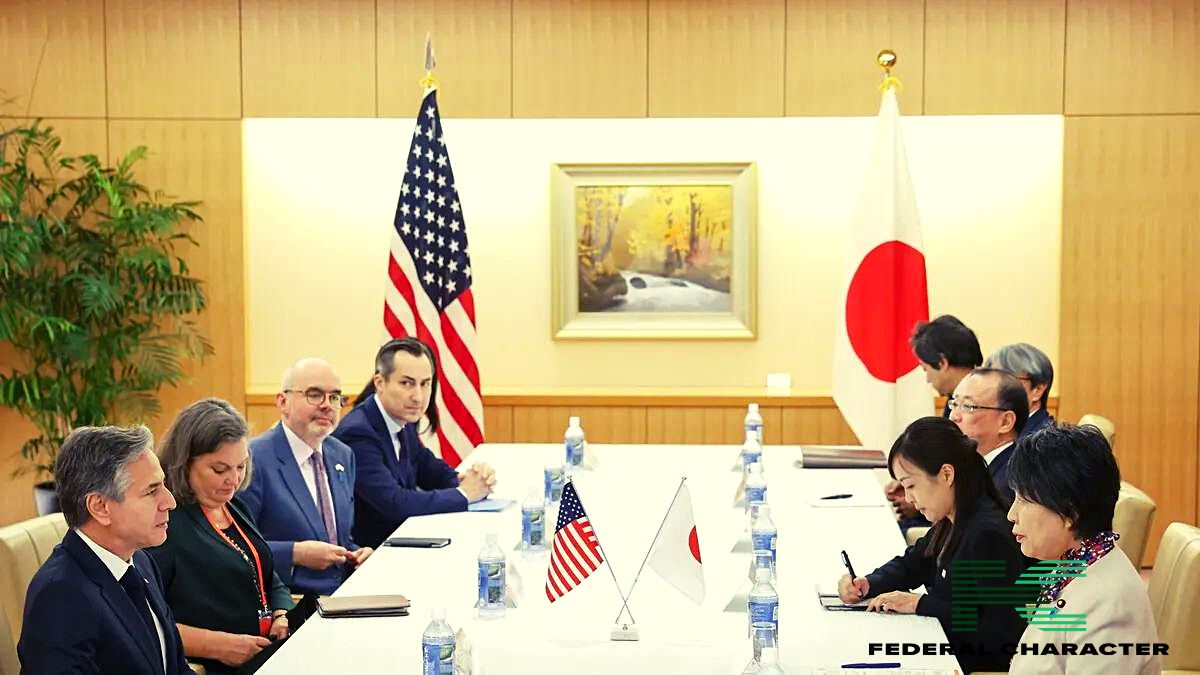Israel intensified its airstrikes in Beirut on Tuesday while its security cabinet deliberated a potential ceasefire agreement in Lebanon with Hezbollah. This agreement, if finalized, could take effect as early as Wednesday.
Both Israeli and Lebanese officials expressed optimism about the possibility of a deal. Lebanese Foreign Minister Abdallah Bou Habib highlighted the significance of this breakthrough in potentially ending a conflict that has claimed thousands of lives since it erupted following the Gaza war last year.
A senior Israeli official indicated that the security cabinet was likely to approve the agreement. Israeli Prime Minister Benjamin Netanyahu planned to address the nation on Tuesday evening, underscoring the critical nature of the discussions.

If approved, the ceasefire declaration would be announced by U.S. President Joe Biden and French President Emmanuel Macron, as reported by senior Lebanese sources. The agreement proposes a 60-day truce, set to commence on Wednesday morning, according to a Western diplomat.
Persistent Hostilities Amid Negotiations
Despite diplomatic progress, hostilities escalated, with Israeli airstrikes claiming the lives of at least 18 people in Beirut and other parts of Lebanon. Lebanese Hezbollah member Hassan Fadlallah described the situation as “dangerous, sensitive hours” as the ceasefire negotiations unfolded.
Terms of the Proposed Agreement
The agreement would involve significant territorial and security adjustments. Israeli troops would withdraw from southern Lebanon, while the Lebanese army would deploy at least 5,000 troops in the region. Hezbollah would dismantle its armed presence south of the Litani River.
The United States is expected to assist in rebuilding infrastructure destroyed during Israeli strikes. Additionally, Israel has called for robust U.N. enforcement of the ceasefire terms, with Defence Minister Israel Katz emphasizing “zero tolerance” for any violations.
Implications of Continued Airstrikes
The continuation of intense airstrikes in Lebanon could undermine the delicate ceasefire negotiations. Sustained violence risks eroding trust between parties and complicating the deployment of Lebanese troops. It may also provoke further retaliation from Hezbollah, destabilizing the region and delaying the implementation of peace efforts.
Bottom Line
While the proposed ceasefire offers hope for an end to the conflict, the escalating airstrikes in Lebanon highlight the fragility of the situation. Both sides face critical decisions that will determine whether peace or prolonged violence prevails. For the deal to succeed, immediate de-escalation and adherence to agreed terms will be crucial.

















